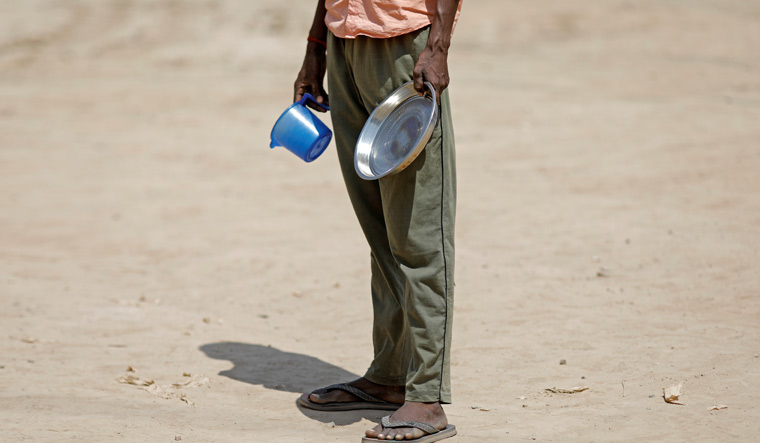Global poverty is set to increase rapidly, resulting in one billion people living in poverty according to a recent study released by King’s College London and the Australian National University.
This is likely the result of the coronavirus pandemic reducing the income of the poorest by USD 500 million per day. The research also said that the poorest will be in Asian nations of Bangladesh, India, Indonesia, Pakistan and Philippines as these are the nations considered to be more vulnerable to the shockwaves created as a result of the curtailment of economic activity.
According to Andy Sumner, a professor of international development at King’s College and a co-author of the report, the pandemic is fast becoming an economic crisis for developing countries.
As per an AP report, the Organization for Economic Cooperation and Development said that if there is no second wave of infections, the global economic output will drop by 6 per cent, and that is the best-case scenario.
The OECD said that it is the most uncertain and dramatic outlook since its inception, with hundreds of millions of people having lost their jobs, the crisis is hitting the poor and young people the hardest, worsening inequalities. The OECD, however, predicted a 2.8 per cent increase in global economic output next year.
The study by Kings College and Australian National University says that after the Asian nations, sub-Saharan Africa would comprise 30 per cent, or 119 million, of the additional poor.
Researchers involved in the study are calling for urgent global leadership to address the crisis. But hopes are low after the Group of Seven meeting of world leaders, which was due to take place June 10-12 at President Donald Trump’s retreat at Camp David, was postponed.
Trump now hopes to host an expanded meeting in September, while including leaders from Russia, Australia, South Korea and India. It isn’t clear on how many developmental issues will be addressed at the summit.
According to Sumner, a rapid response global commission on poverty and COVID-19 needs to be established and led by a prominent global leader to identify the level of financing required and what rich countries can do to help.


